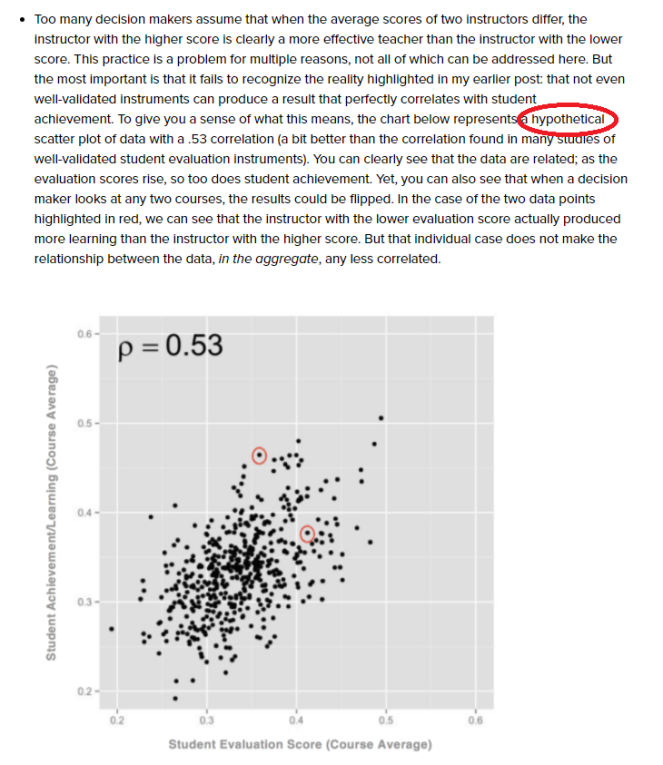Americanist Bitch is an academic — and a mom. Here, she gives a window into what that’s like in her individual day-to-day.
Because The Bitches really love that this important conversation was started. However, we felt it important to point out that the original description, while amusing and true for the author and for many mothers in academia, was a very specific and, honestly, quite privileged* point of view. Different institutions and family situations make for very different days!
5:30 a.m. I wake up early, before the kids, to try and answer a few emails I received over night. The more emails I answer now, the more time I have later for class prep and maybe even- dare I dream it- research!
7:00 a.m. The kids are awake and getting fed and dressed. Man, I will be excited when the baby can change his own clothes and isn’t drinking bottles anymore. It’s hard to get dressed myself when he wants to latch onto my leg like a leech, which is most mornings. I need to find a nicer dress, because I’ll be seeing the President of the college at that reception thing later…
8:00 a.m. I take the kids to school, because my hours are more lenient than my full time, regular office-working husband’s. I get asked for the 14th time why I don’t come to more of their morning coffee socials, and could I please remember to bring more changes of clothes for the older one.
9:00 a.m. I’m finally in my office, a glorious hour of uninterrupted work time ahead- just kidding, my door is immediately slammed with student after student. I work at an LAC, where office doors are always open and students are ALWAYS around. Can I advise them which classes to take next semester? Can I sign these forms? Hey, you missed class yesterday, but NO I will not re-teach the entire hour just for you right here in my office.
10:00 a.m. I’m in a committee meeting. We’re deciding which faculty will get sabbaticals next year. I haven’t been here long enough to catch all the references from the old timers, but supposedly that guy in English has been waiting for years so it’s his turn. Hey, if I get tenure, maybe I’ll get a sabbatical! Does sleeping count as scholarly work? I have like, 5 years to catch up on. While they fight over who has contributed to the college longest, I squeeze in 3 extra slides on my PSCI 100 lecture about executive orders.
11:00 a.m. I’m meeting with more undergraduate students. Forget research- they still don’t understand the difference between federal courts and state courts. They really do want to learn (most of them, anyway), but geniuses these kids are not. Remember when I got to do original research on courts? No, I can’t either.
12:00 p.m. I’m teaching, lecturing, guiding, discussing. Classes are small enough that I can call on students by name. This is nice for building an atmosphere of fear, which I need because I’m a young woman in a male-dominated field.
1:00 p.m. Still teaching. In fact, I’ll be teaching for the next 2 hours as well, because my MWF are back-to-back and this is my 4 class load semester.
4:00 p.m. Another committee meeting, or more meetings with students. I MIGHT have five minutes to chat (bitch) with a colleague in the hallway about how the administration might be taking away our free parking spaces. Like I have more room in my paycheck for $50/year parking passes at my place of work?! Shit, we missed that reception thing with the President. We’re going to pay for that later, when they talk about our “collegiality.”
5:00 p.m. I retrieve the kids, and try to remember if we have food to cook in the fridge. Eh, better stop at Wal-Mart anyway because I KNOW I’m out of wine and it’s already been a long week. Is it a bath night? Can I convince my husband to let me work on a conference paper for an hour after dinner? It’s “due” in a week and I haven’t even started.
6:00 p.m. I’m too tired to cook dinner and my husband isn’t home yet, so McDonald’s it is. Those Happy Meals must have addictive properties, because to my kid no other restaurant exists. I get a McDouble with no cheese and that’s it, because I haven’t had time to work out in 6 years so I need to watch the intake. Did I remember to buy an apple to go on the side? Shit, did we have enough money in the account for what I just spent at Wal-Mart?! I think we got paid last Friday…
7:00 p.m. Nick Jr. for the kids because I need time to answer more student emails. They get really touchy if it takes too long (read: longer than 3 hours) for a faculty member to answer, and I have to be sensitive to that because we’re a tuition-driven institution. What time is my husband getting home again? Guess I’m not working on that conference paper until MUCH later. Hmm, I can’t remember what I’m teaching in theory tomorrow… No, theory is not my field, but everyone at my institution has to teach a little bit of everything.
8:00 p.m. Hubby is finally home, exhausted. But glad he’s around, because sometimes he travels for days at a time. It’s a bath night so to the bathroom we go. We exchange pleasantries about our day while the kids splash. I have my tenure review coming up, so he tells jokes to get my mind off the million ways that could go wrong. He doesn’t really get why academia is so weird, and why I’d work this hard when I don’t even get to do that much research.
9:00 p.m. The kids are put in bed. They won’t be asleep for awhile, but I need to work on that conference paper like, yestermonth. Many faculty members at my institution no longer go to conferences, but I have dreams about moving up so I need to stay up in the field and network my ass off. Is there a conference going somewhere cool next year? I could add a couple days and make it a vacation…. hahahaha just kidding what’s a vacation?
10:00 p.m. Still writing. Still getting student emails. Also trying to catch up on bill paying, because I have hospital bills from 4 years ago that we’re still paying off. The constant thrum of bank account balances and bills is always running through my head.
11:00 p.m. I get in bed, mind whirling. I think about picking up a fiction book to read but no, I need to pull out Rousseau and brush up on Emile for tomorrow (God, I hope it’s Emile tomorrow). I finally fall asleep 30 minutes later, without having read much. Let’s be honest, the students haven’t either.
2:00 a.m. The older one needs to pee, and her yelling wakes up the baby. Fantastic!
5:30 a.m. I’m yanked from sleep by my alarm, so I can try to get another 30 minutes of email writing. A new day begins. I hope I have time for research today! Eventually, I will catch up on emails and student meetings and committee meetings and that new pre-law program the administration wants me to start…
*Americanist Bitch also acknowledges that the above description also entails certain privileges, like the tenure track, and a supportive husband. Non-tenure track or adjuncting moms, single moms in academia- what’s YOUR day like?








